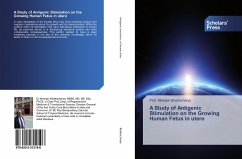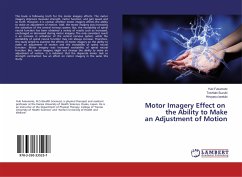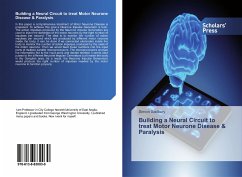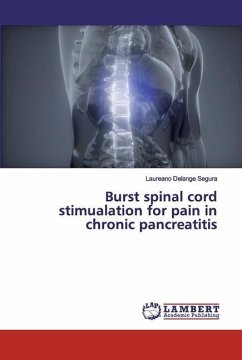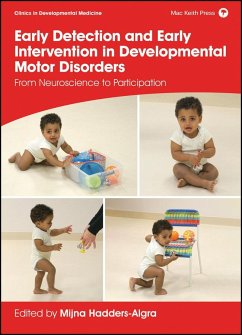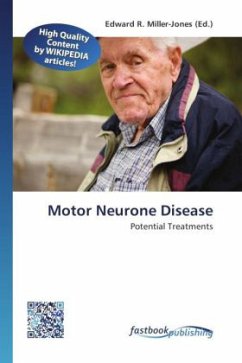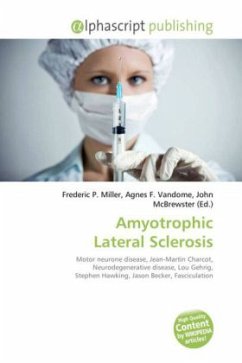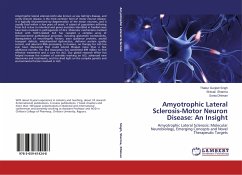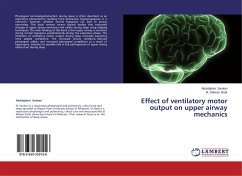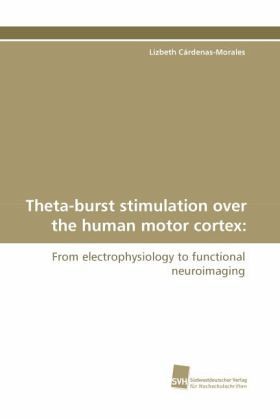
Theta-burst stimulation over the human motor cortex:
From electrophysiology to functional neuroimaging
Versandkostenfrei!
Versandfertig in 6-10 Tagen
38,99 €
inkl. MwSt.

PAYBACK Punkte
19 °P sammeln!
During the last years repetitive transcranial magnetic stimulation has been used as a tool for the treatment of neuropsychiatric disorders. However, the mechanisms by which it exerts its effects and the modulation that it induces in the brain are not completely understood. This book offers an overview of a novel form of repetitive transcranial magnetic stimulation called theta-burst applied over the human motor cortex. Molecular findings in animal models as well as clinical applications are described and discussed. Furthermore, it provides evidence for the modulation of neural activity induced...
During the last years repetitive transcranial magnetic stimulation has been used as a tool for the treatment of neuropsychiatric disorders. However, the mechanisms by which it exerts its effects and the modulation that it induces in the brain are not completely understood. This book offers an overview of a novel form of repetitive transcranial magnetic stimulation called theta-burst applied over the human motor cortex. Molecular findings in animal models as well as clinical applications are described and discussed. Furthermore, it provides evidence for the modulation of neural activity induced by theta-burst by means of functional magnetic resonance imaging (fMRI) during human motor activity. The data suggest that the combination of theta-burst and fMRI might be useful to monitor treatment effects, which may have clinical implications.



